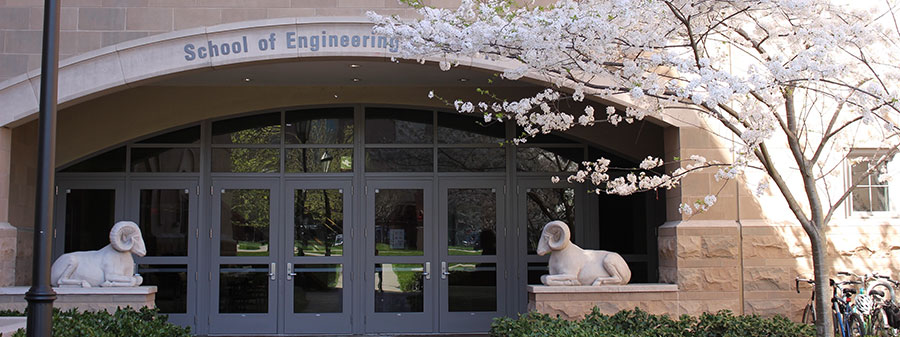Artists and Entrepreneurs: Who can tell the difference anymore?

Picture someone with an entrepreneurial mindset. Got it? OK. Now, picture someone who thinks artistically.
What did they look like? Was one wearing a suit, and the other wearing a smock? Was one in an office, and the other in a studio? Was one all Jack Donaghy and the other all Liz Lemon?
Or did they look pretty much the same?
The truth is: The line between folks in the creative disciplines and those in business schools is getting blurrier by the day, and that’s a good thing. At Venture Creation University, we know that anyone can have the entrepreneurial mindset, regardless of their area of study. In fact, having the entrepreneurial mindset doesn’t even require being an entrepreneur. And it makes sense that many artists and designers have it, when you think of how much creativity goes into entrepreneurship.
“I think creativity is 50 to 75 percent of entrepreneurship,” says Matt Woolman, Executive Director of Entrepreneurship in the Center for the Creative Economy. “Ideas are a dime a dozen. We can sit around and come up with ideas all the time. It’s how you execute or implement your idea that’s where the creativity comes in. There’s also the logistics of delivering it to the marketplace, which is business know-how, but it’s the creativity that fuels entrepreneurship. The characteristics of an artist or designer match up with an entrepreneur’s.”
Venture Creation University
Venture Creation University is VCU's strategy for ensuring all students are exposed to innovation and entrepreneurship and have access to entrepreneurial pathways. To find out more about this effort, and to learn about innovation and entrepreneurial programs offered at VCU, visit: http://entrepreneurship.vcu.edu/
In the Center for the Creative Economy, VCU is facilitating a learning process that fuses the arts with business. Students can work to perfect their art and design talents and skills while taking entrepreneur-minded classes that are tailored to their needs.
Woolman says that, in a traditional learning setting, “You go into a classroom, content is delivered, you demonstrate your understanding of that content, you’re tested on it, and then you move on to the next subject. Art and design isn’t content-specific like that. It’s process-oriented; it’s honing your skills and creating, and implementing new ideas. Entrepreneurship is very much like that; you can’t just teach entrepreneurship in a single course and expect everyone to be entrepreneurs. It needs to be integrated into the culture through a range of experiences – in our vision, experiences that take place outside of the traditional classroom.”
In fact, it’s just that kind of thinking that fuels Venture Creation University. This is where everyone in the VCU community comes together, and differences turn to strengths. “We do have interconnectivity, and we do work together,” Woolman says. “We are not operating as silos, like a traditional university.”

